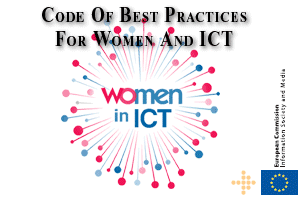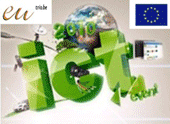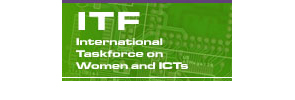|
A very crowded meeting has taken place in Venice last June 29th. Organized within the Equal "PONTI" Project by the Province of Venice's Women Resources' Centre with the collaboration of CdIE - Centro di Iniziativa Europea.
Almost a hundred women (but also some men) all over Italy, mainly involved at different levels in gender equality issues, had the opportunity to debate on the innovative - and delicate - issue of "intersectionality'" between gender equlity and other levels of differences/inequalities (ethnicity, class, sexual orientation etc.) and mainstreaming strategies.
Indeed, something really new is happening in Italian gender equality policies , a politics’ field that is visibly changing in the latest years due to the impulse of many different inputs and factors. These changes could represent the occasion for a renewal and for overcoming the marginality in which gender policies have been relegated as “women’s issues”.
Two are the main trends: on one side the implementation of the so called ''gender mainstreaming approach'', the cross sectors integration of a gender based approach to all the areas of public policies; on the other side there is an increasing contiguity and some time a real integration among equal opportunities policies, women’s politics and antidiscrimination politics in a broader sense, targeted not only at gender differences but including ethnicity, religion, sexual orientation, age and disability.

The impression is that all the above mentioned changes are happening at such a speed that people involved in gender equality and feminist politics are missing occasions to reflect and discuss about them, their reasons, meanings and the impacts they may have.
The workshops of 29 June, thanks to highly qualified contributions of experts in women issues at many levels (politicians, researchers, professors, local authorities' consultants) have started to answer to these kind of questions, also opening new scenarios and perspectives. The day has been divided in two sessions: a first part has been focused on the theoretical/analytical side of the debate (on the topic of ''A comprehensive glance to gender politics, mainstreaming and antidiscrimination politics in Italy and Europe''); otherwise, in the afternoon attention has been paid to a series of best practices' presentation, through two partecipatory workshops: the first one titled "Good practices and critical state in transversality in gender politics" and the second one "Intertwining gender politics with intercultural promotion and fight against homophobia: a comparison starting from some experiences".
The conference was also the occasion to advertise WinnetEurope and to stimulate participating organizations to join the association.
|













